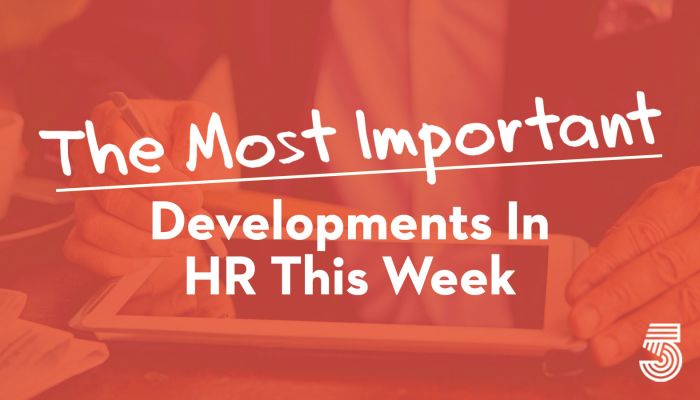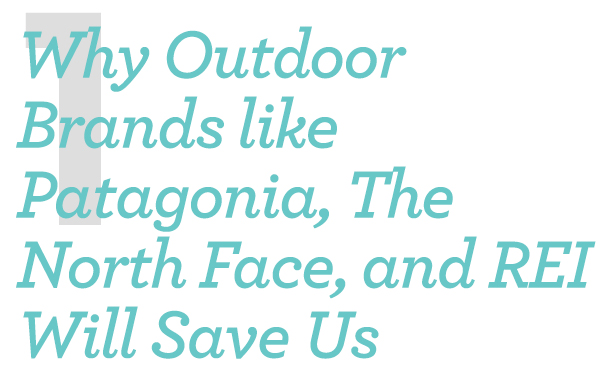
One of the clichés of modern business and marketing is that brands will too often say all the right things — whether it’s about racial and gender equality, pride month, climate change, International Women’s Day, and on and on — but all too often it remains far more advertising bluster than measurable action. The North Face’s global VP of marketing and product Steve Lesnard says the outdoor industry has a role to play in supporting the Black community and combating systemic racism. Over the last few years, it’s been outdoor brands like Patagonia, The North Face, and REI that have actually led the charge in speaking out on controversial issues, taking a stand, and translating that into action. There are a lot more companies and brands in our culture that reach more consumers, but when it comes to responsible business, this is where to find optimism for the future. Fast Company

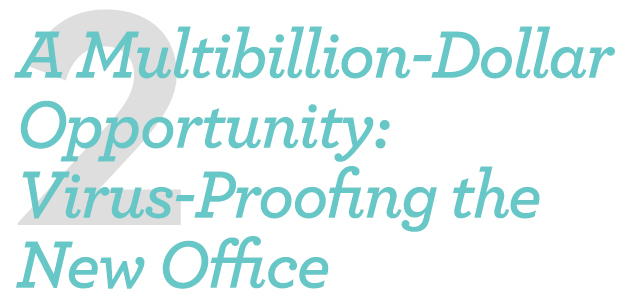
With companies pressing to figure out how to safely reopen workplaces, makers of everything from office furniture to smart ventilation systems are rushing to sell them products and services marketed as solutions. Some companies, like makers of thermal cameras that sense skin temperature, are rebranding their wares as virus-containment fever-scanning products. Others are creating entirely new services. And they have a captive market. To protect employees and reduce liability for virus outbreaks at work, companies are racing to comply with public health guidelines on issues like employee screening and social distancing. In the United States, the market for contact-tracing technologies for employers could soon be worth $4 billion annually, according to estimates from International Data Corporation, a market research firm. But the preventive tools and pandemic workplace rules are so new — as is the emerging science on the virus — that it is too soon to tell how well, or if, they work. The New York Times

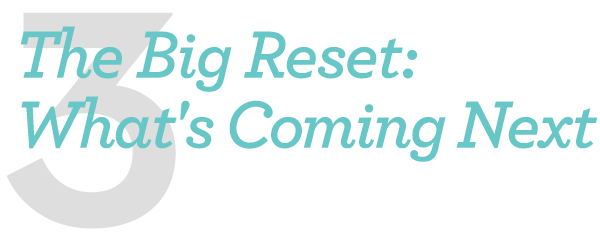
Over the last several months we have all been going through a lot of change. Our lives, families, and organizations have been disrupted. The economy has seen the biggest drop since the 1920s. And our companies have had to totally re-engineer how we lead, manage, and support our people. And one of the biggest questions I continue to hear is “when is this going to end” and “what will the new normal look like?” Well, the answer is very simple: the new normal is that things are not going to settle down. As an organization dedicated to guiding and supporting the HR profession, the Josh Bersin Academy has dedicated many hours to exploring these topics. In late April we convened a large group of HR leaders (representing more than 150 companies) and started what we call The Big Reset Initiative. We broke our participants into four workstreams, and we started having weekly conversations (on Zoom of course) about what each company was doing, the trends they identified, and solutions other can use. And we are ready to unveil this to you next week. Bersin
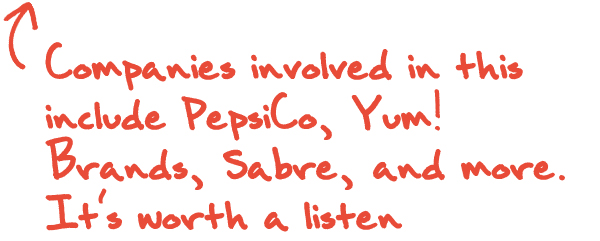
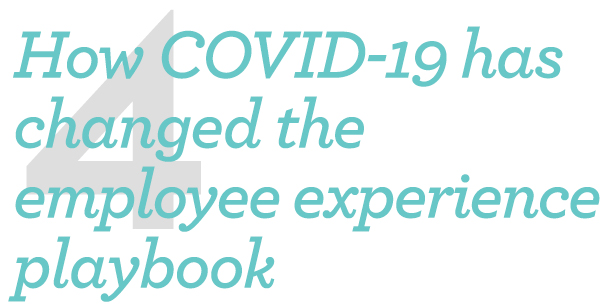
The [COVID-19] paradigm shift means that employee experience is more important than ever, and has led to the need for a new take on employee experience. One in which HR teams and managers have a direct line of communication with employees and are listening to feedback on topics such as safety, roadblocks, support, communications, meeting customer needs, and leadership. Organizational change must adapt alongside the workforce because employee experience doesn’t exist in isolation. Instead, it ties into broader challenges that companies around the world are experiencing due to COVID-19. After all, as companies aim to diversify revenue streams or add new products and services, employees are expected to expand or change their roles to bring that vision to life. In order to make this a reality, organizations are realigning resources to fill critical roles. This means that reskilling and upskilling are required for the workforce to learn new skills. Forbes

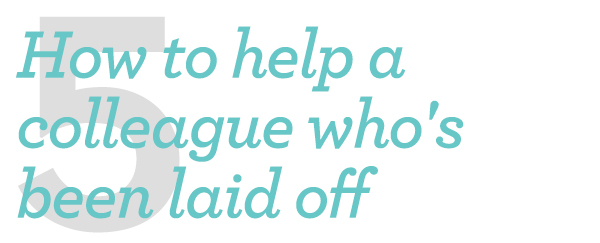
It’s obviously upsetting and difficult to receive a layoff notice. But if you’ve been spared while your colleagues have been let go, a tricky question arises: How can you best support them without feeling awkward or appearing patronizing? Saying nothing — because you’re unsure what to say — might well come across as uncaring. But showering them with advice and encouragement might be the last thing they need. Here are three ways to lend useful support to newly out-of-work colleagues: Get clear on their aspirations. Be specific about the help you can offer. Follow their lead on how to relate. You could say: “You may still be thinking about this, but if it’s helpful, I’d love to be on the lookout for you. Do you have a sense of what’s next for you, or what type of job would be ideal?” That enables them to guide you — and your future networking efforts — appropriately. Once you’ve determined what their ideal future direction looks like, make it easy on them by proactively clarifying what types of support you can lend. “If you’d ever like a friendly ear just to listen, or someone to brainstorm with, I’m here for you,” you could say. “And if it’s helpful, I’d be glad to strategize about your LinkedIn profile or do a mock job interview with you — just say the word.” Harvard Business Review







